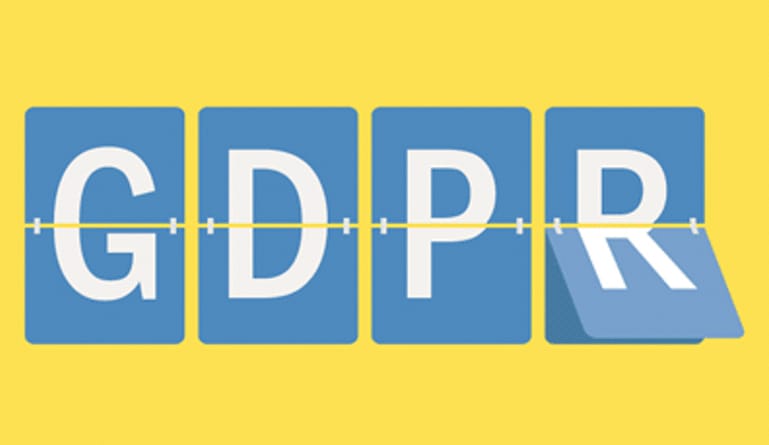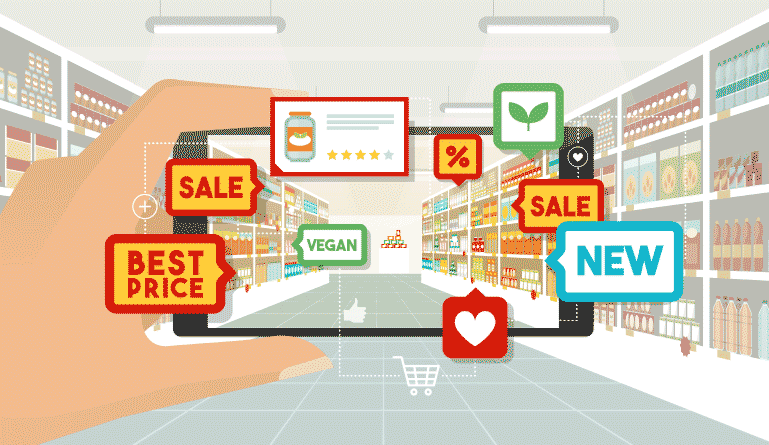With GDPR, marketers have a range of new opportunities.
GDPR is a new law going into effect soon that will create new opportunities for marketers. With GDPR, marketers will be able to reach targeted customers in a more personalized and meaningful way.
The General Data Protection Regulation (GDPR) is a new digital privacy regulation being introduced May 25th of this year. The purpose of this new regulation is to standardize a wide range of different privacy legislation across the EU. GDPR is looking to set regulations that will protect users in all areas of the EU.
How GDPR Can Help Marketing
When it comes to this new regulation, marketers only need to worry about three key areas; data permission, data access, and data focus. Data permission is about how a company manages people who request to receive promotional material from the company. Companies cannot assume people want to be contacted and, in the future, users must express consent in an unambiguous way to allow companies to send them materials. With GDPR, users must physically confirm that they want to be contacted, forcing companies to actively seek permission from their customers. When it comes to data access, GDPR offers individuals more control over how their data is collected and used.
With GDPR, marketers will be responsible for making sure users can easily access their data and can remove consent for its use. This practice can be as simple as including an unsubscribe button at the bottom of email templates. Once GDPR fully goes into effect, companies must legally justify the processing of the personal data they collect. All this means for marketers is that will need to only focus on data they need from customers and avoid collecting unnecessary data. With GDPR, marketing managers have a new class of customers they no longer need to waste their time marketing to and the amount of data they need to worry about is much less.
GDPR Implications for Marketing
When it comes to the new regulation, email marketing managers will be affected the most. When it comes to B2B marketing, emails are often considered the start of the sales process. Many B2B companies buy emails lists but with GDPR, this will be strictly forbidden. The major practice before this regulation was suggested was to opt every email into the email marketing campaign and wait for users to opt out. This will no longer be an option with GDPR as the new regulation requires users to give consent before they can be contacted.
Marketing automation specialists will also be greatly affected by this new regulation. While marketing automation can be an essential tool for companies, if not set up correctly under the new regulation, companies can get into major trouble. With GDPR, companies must make sure every name in their CRM database has given permission before they are automatically contacted when they have not given consent. For a company to ensure they are GDPR compliant in time, they should start auditing their mailing lists now and review the way they are currently collecting user’s personal data. An easy way to gain leads on an email marketing list is to offer a pop up on the company website that allows users to give consent to be contacted.
What Does GDPR Mean for Marketing
This new regulation is an excellent opportunity for marketing managers to create targeted marketing campaigns with customers that are fully engaged with their brand. Marketers can do this because GDPR requires explicit consent to see user’s personal data. With this new approach to collecting personal data, marketers can provide users with a range of options when collecting their data and not just yes or no questions. The new questions marketers create can help them learn more about their customer’s interests to be able to provide them with the information they want to receive.
With GDPR, customers have the right for companies to get rid of their data. A single platform, like a CRM system, allows companies to keep track of all their permission data and guarantee they are GDPR compliant. This single platform system would allow customers to turn their consent on or off, making things much easier for marketing managers. The GDPR forces companies to be more upfront and honest about what their intent with customer data is. This creates more trust between customers and companies and strengthens the bond customers feel towards a company.
GDPR is going into effect very soon and companies must ensure they are compliant unless they want to face hefty fines from the ICO. Before companies begin to panic, it is beneficial that they create a GDPR marketing checklist to ensure they don’t forget important steps. Digital marketing does not need to change drastically for a company with GDPR, they just need to make sure they implement the necessary additions to ensure they are following the new regulation. Before this new regulation goes into effect, companies must educate themselves to understand the new law and the best ways to use the customer data they obtain.





